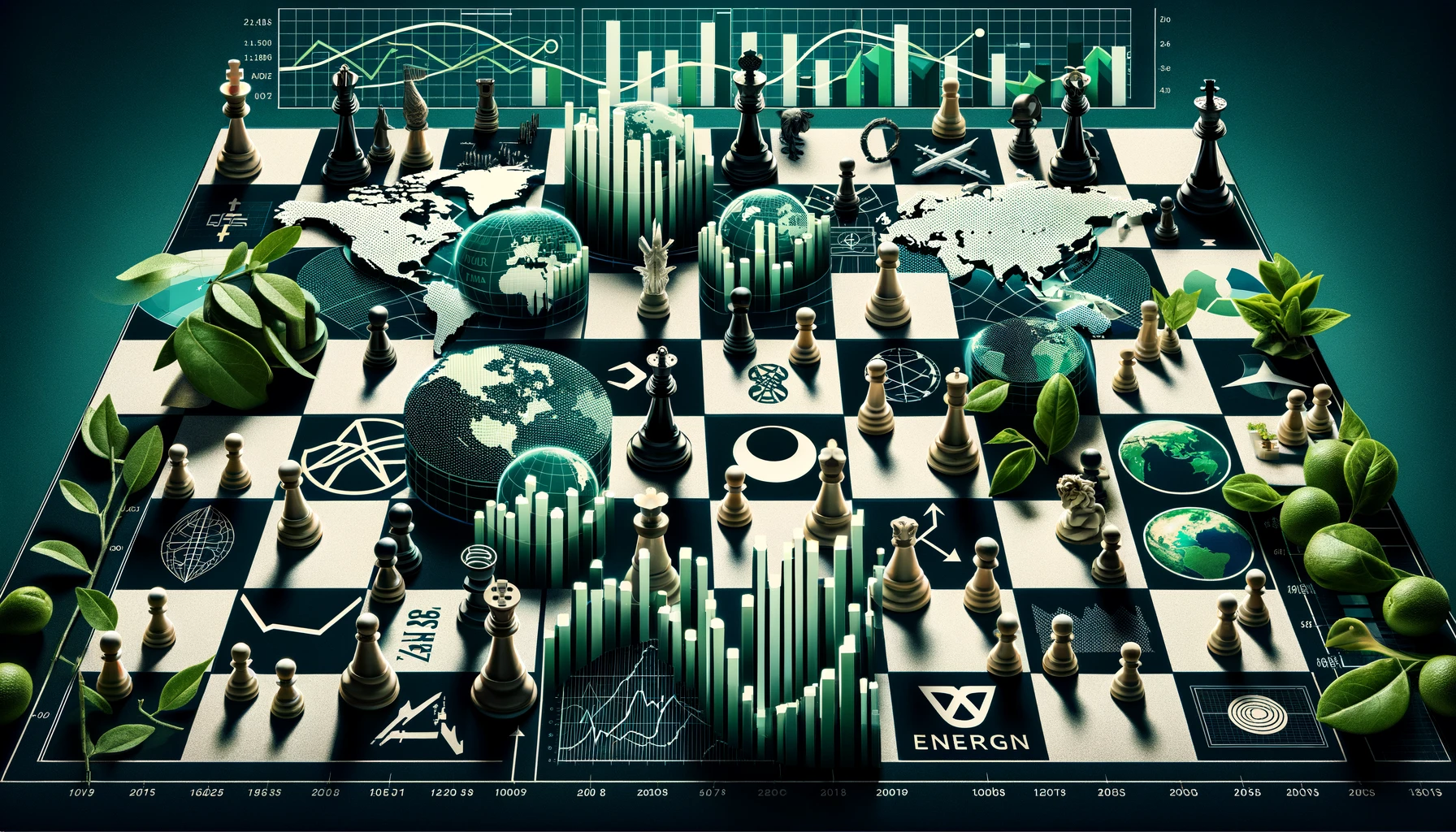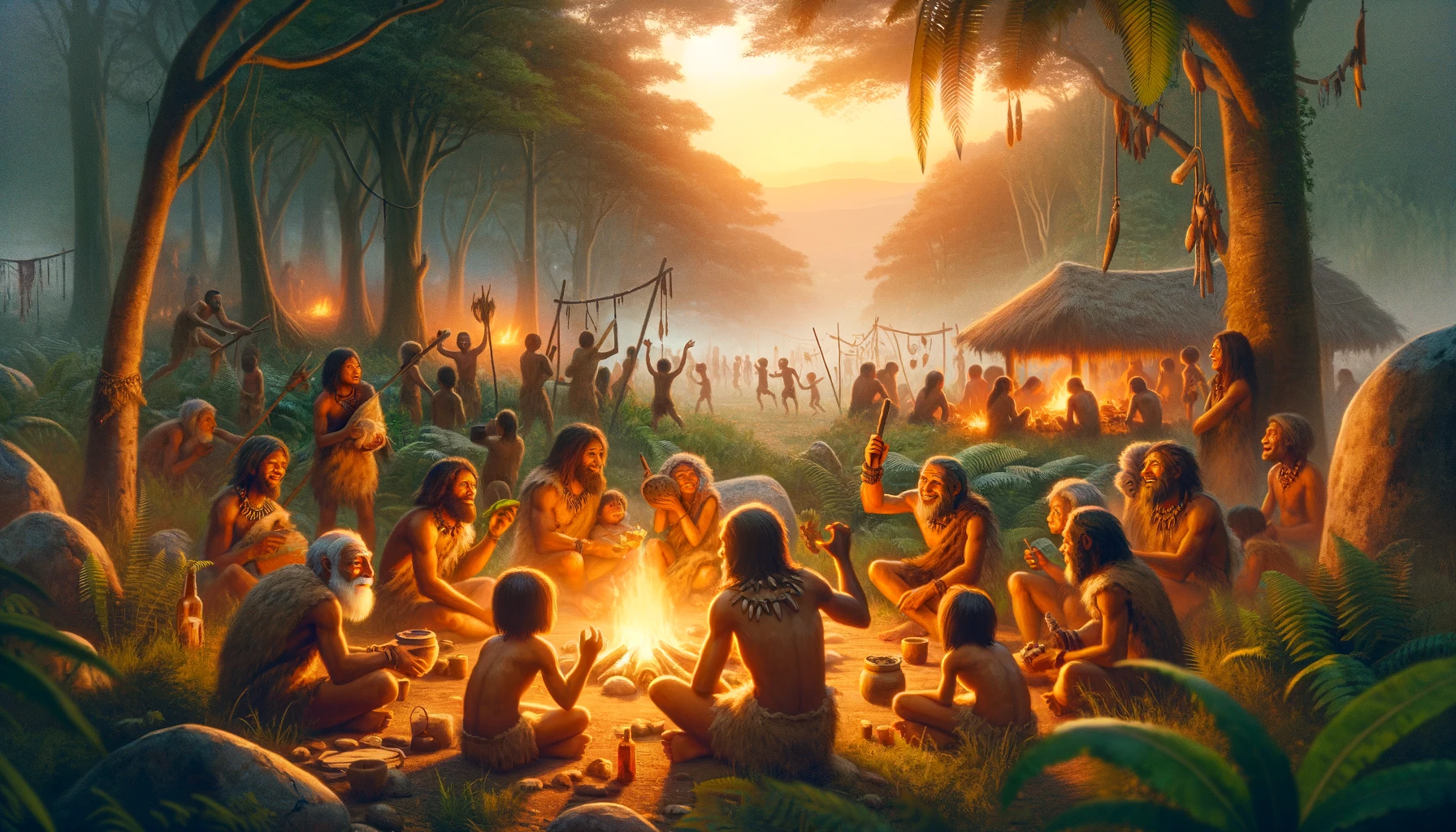War and Economic Cycles

The Expanse of Human History#

Honouring Sacrifice#
It's important to take a moment to honour and praise those who have given their lives to defend their countries, peoples, and way of life. Their sacrifices remind us of the profound impact of war and the importance of striving for peace and prosperity for all.
Introduction#
Throughout the vast expanse of human history, conflicts have been a constant presence. It's conceivable that in earlier times, these conflicts resulted in less brutal outcomes compared to today.
Why do I say this? Because in our world of eight billion people, encountering another person is commonplace, especially in densely populated areas. Yet, imagine a time when there were less than a billion, or even just a few hundred thousand people. In such a world, encountering another person might have been a cause for celebration, not aggression.
More Recent Times#
In recent history, the phenomena of war and the ebb and flow of global capitalism have profoundly shaped societies. At first glance, the motives behind human conflicts and the mechanisms of economic systems like capitalism may seem vastly different. However, a closer look reveals an intricate interplay between these forces, illuminating the underlying currents that drive human behaviour and societal evolution.
The Genesis of Conflict#
War, a manifestation of conflict that has endured throughout civilized human history, often arises from a complex web of causes, including territorial disputes, power struggles, ethnic tensions, and resource scarcity. At its core, war likely reflects the primal human instinct to secure survival and prosperity, albeit through aggression and dominance. This drive for resources and security, deeply rooted in our evolutionary past, has been significantly amplified by societal and economic structures, including global capitalism.
Global Capitalism: Cycles of Boom and Bust#
Global Capitalism, characterized by private ownership of the means of production and the pursuit of profit, thrives on competition and innovation. It has undoubtedly spurred tremendous economic growth and technological advancement. However, it is also prone to cycles of boom and bust, periods of economic expansion followed by contraction. These cycles can lead to significant economic disparities, unemployment, and social unrest, creating fertile ground for conflict.
Connecting Dots: War and Global Capitalism#
The connection between war and global capitalism can be viewed through several lenses:
Resource Acquisition: Capitalist economies' insatiable demand for resources can lead to conflicts over access to these resources, especially in regions where they are scarce but essential for economic growth.
Economic Rivalries: Intense competition between nation-states for global market dominance can escalate into conflicts, as history has shown in the backdrop of world wars driven by industrial and imperial competition.
The military-industrial complex was introduced by President Dwight D. Eisenhower, who emphasized how a nation's financial interests can become deeply intertwined with military expansion, often leading to a cycle where wars are fought for economic growth and interests.
Boom and Bust as Catalysts: Economic downturns can exacerbate social tensions and lead to conflict. Similarly, wartime economies frequently experience a temporary boom due to increased military spending, followed by post-war recessions.
Reimagining a Sustainable Future#
Understanding the link between war and the cycles of global capitalism is crucial for envisioning a sustainable future. It calls for a conscious effort to develop economic systems that prioritize equity, sustainability, and cooperation over competition and greed. Such systems would mitigate the boom and bust cycles and reduce the likelihood of conflict by addressing root causes such as resource scarcity, inequality, and social injustice.
Conclusion#
The intricate dance between war and global capitalism serves as a testament to the complexity of human societies and the interconnectedness of our economic, social, and political lives. By acknowledging these connections and working towards systems that promote peace and prosperity, humanity can aspire to break the cycle of conflict and economic upheaval, paving the way for a more harmonious and sustainable world.
This exploration invites readers, innovators, and creators to engage with these ideas, leveraging their creativity and ingenuity to contribute to a world where economic systems support, rather than undermine, peace and human well-being.